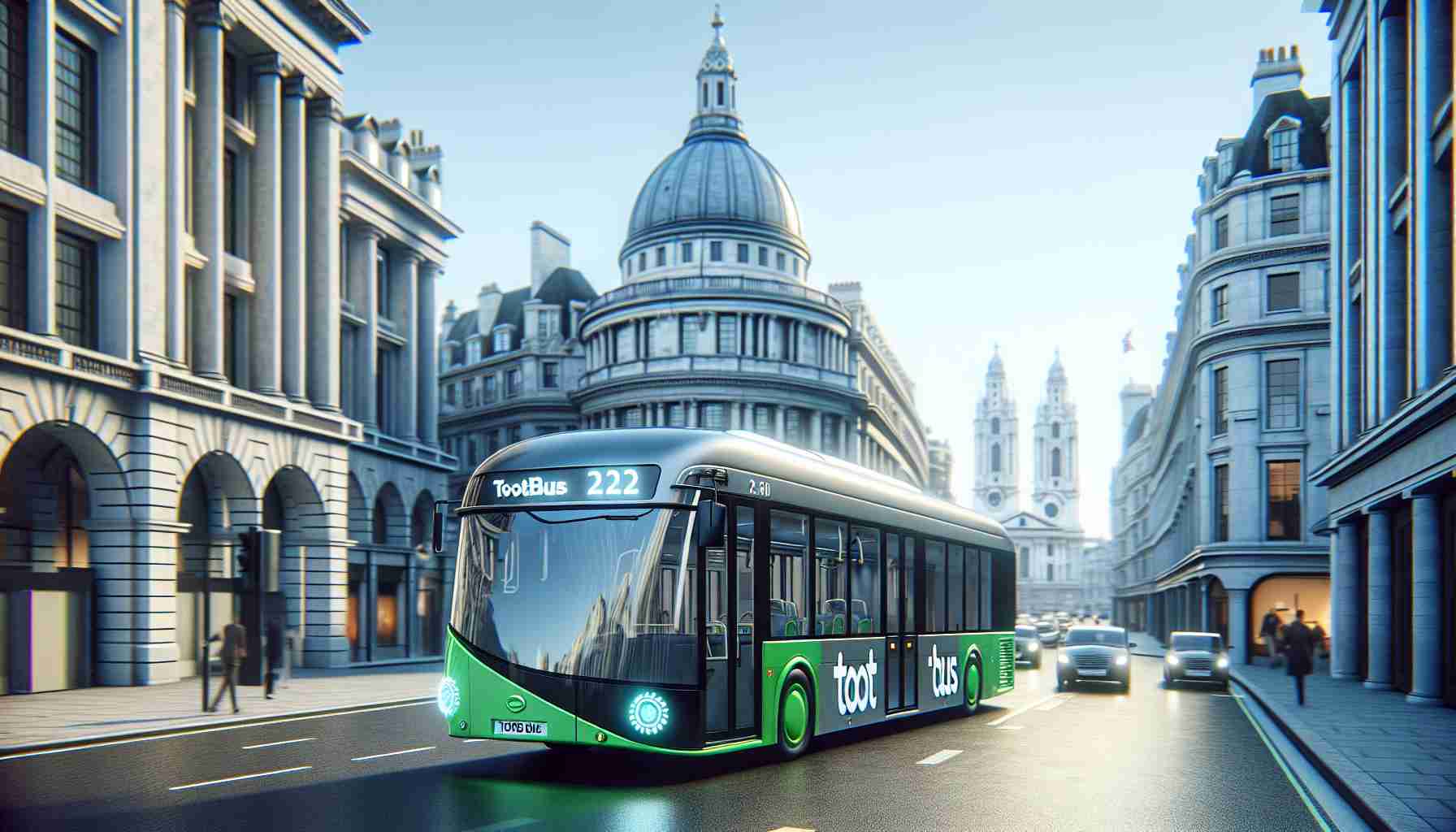Tootbus has announced details of its efforts to transition its open-top tourist buses to zero-emission vehicles in London. The company has selected VEV as the supplier to manage its fleet of battery-powered electric buses and develop an overall plan for bus electrification. The operator already has several electric buses in the capital. By 2029, they will transfer over 30 vehicles to this power source and achieve a completely zero-emission fleet in London through the upgrading of existing buses and the delivery of new vehicles.
Starting from this month, VEV enables Tootbus to power its current fleet of electric buses with 100% renewable energy and install the first 10 charging stations at the Wandsworth depot. In the future, with the necessary permissions and after conducting site surveys, the supplier will also install solar panels on the roofs of these facilities, generating 65 MW/h of electricity annually and providing power for the bus fleet on a 60,000 km route.
VEV’s VEV-IQ platform will be used by the RATP Dev subsidiary to intelligently manage energy and charging. This system allows operators to “monitor energy supply, charging infrastructure, and vehicle usage to maintain fleet operation and maximize energy efficiency,” according to VEV. The supplier presented details of its bus industry plans for 2023.
Gavin Brooking, Managing Director of Tootbus UK, speaks about the agreement with VEV: “Sustainable tourism development is at the heart of our business strategy, and this is an important investment for us. We have observed the tremendous potential of transitioning to a completely sustainable electric fleet to achieve our emission reduction goals. With their extensive experience in energy management, VEV is an ideal like-minded partner with dedicated and comprehensive solutions.”
Mike Nakrani, CEO of VEV, adds that transitioning to battery-powered buses “is not only the right decision but also a competitive advantage.” Nakrani continues, “We are excited to collaborate with Gavin and his team at Tootbus to demonstrate the invaluable effects of fleet electrification and intelligent energy management in reducing carbon dioxide emissions in cities. We look forward to further supporting their efforts in driving change towards more sustainable transportation.”
Tootbus began its decarbonization journey in 2022 by transitioning to HVO (Hydrotreated Vegetable Oil) in all its diesel-engine buses in London. The operator is currently upgrading 15 Volvo B9TL buses with three-axle bodies to electric using Magtec technology. The upgrade also includes 280 kWh of onboard energy storage.
FAQ section based on the main topics and information provided in the article:
1. What are the details of Tootbus’ transition to a zero-emission fleet for its tourist buses in London?
– Tootbus has chosen VEV as the supplier to manage its fleet of battery-powered electric buses. The operator will transfer over 30 vehicles to electric power by 2029.
– They aim to achieve a completely zero-emission fleet in London through the upgrading of existing buses and the delivery of new vehicles.
2. What does VEV offer to Tootbus in terms of renewable energy supply?
– Starting from this month, VEV enables Tootbus to power its current fleet of electric buses with 100% renewable energy.
– The supplier also plans to install solar panels on the depot roofs, generating 65 MW/h of electricity annually and providing power for the bus fleet.
3. How does VEV assist in energy management and charging for the bus fleet?
– VEV utilizes the VEV-IQ platform for intelligent energy management and charging. This system allows operators to monitor energy supply, charging infrastructure, and vehicle usage to maintain fleet operation and maximize energy efficiency.
4. What are the benefits of transitioning to battery-powered buses?
– Transitioning to battery-powered buses is not only the right decision but also a competitive advantage. It reduces carbon dioxide emissions in cities and contributes to more sustainable transportation.
Keywords:
– Zero-emission: No emission of harmful substances into the atmosphere.
– Electrification: The process of replacing fuel-powered vehicles with electric vehicles.
– Renewable energy: Energy generated from a renewable source, such as solar or wind energy.
– Solar panels: Devices that use solar energy to generate electricity.
– Energy efficiency: The utilization of energy in a way that minimizes losses and increases efficiency.
Suggested related links:
– Tootbus homepage
– VEV homepage
– RATP Dev homepage
The source of the article is from the blog qhubo.com.ni
